Let us leave aside the fact that most Scots watch England play football through parted fingers, wearing the strip of the opposing team. Fair’s fair. The Lionesses done good. I even supported them in the final. Sort of.
The mental proviso was that they could win as long as they didn’t keep roarin’ about victory for the next 50 years.
Even those who were mere stars in a heavenly constellation during England’s 1966 world cup victory grew to hate the sense of entitlement that got brushed down every tournament and implied such innate English superiority that it should be 1966 every blasted year. So Lionesses, well done – but gonnae pipe down now?
Similarly, Liz Truss. Though I am sure the SNP will be delighted if she keeps up the insane rhetoric that saw her refer to Nicola Sturgeon as “an attention seeker”. The best thing to do, Truss said, was “ignore her”. Own goal. In that fatuous, ill-judged intervention, she underlined her lack of political nous as well as her complete ignorance of the Scottish psyche.
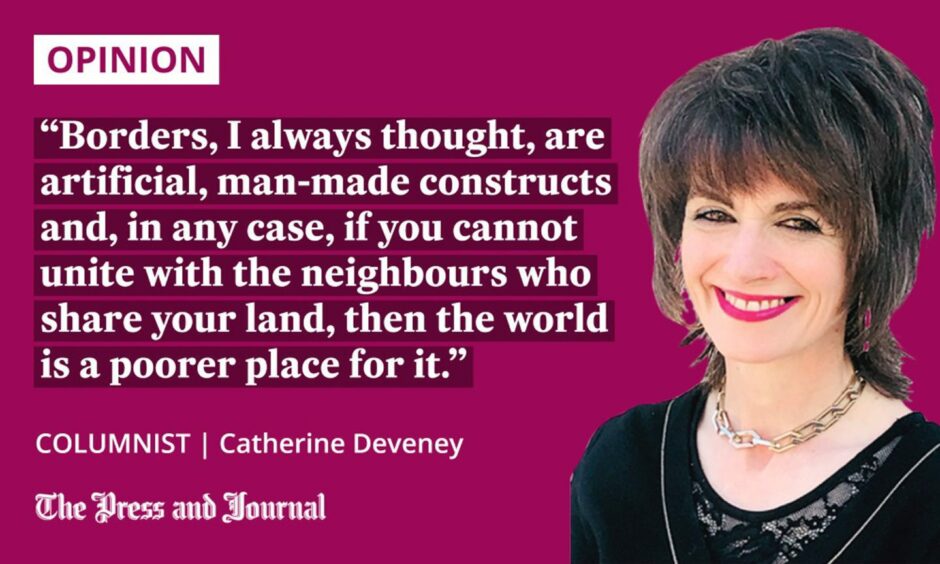
Like Auntie Mabel who turns up for Sunday lunch having already consumed half a bottle of gin and proceeds to make inappropriate comments to the in-laws, Truss’s remarks were just embarrassing. Ignoring football arrogance is a choice. Ignoring the democratically elected First Minister of Scotland is not.
I am not against a little patriotism
My voting intentions are neither here nor there in this issue. I try to place values rather than dogma at the heart of this column’s opinions. But in order to give context, I should say that I have never voted SNP in my life.
Borders, I always thought, are artificial, man-made constructs and, in any case, if you cannot unite with the neighbours who share your land, then the world is a poorer place for it. World history has shown the destructive forces that so often co-exist with nationalism. But I am not against a little patriotism, a different concept altogether involving pride in your corner of that land, and a belief in the essential dignity of the people who inhabit it. Sadly, that idealism is beginning to feel like absurd naivety.
Truss forces me to re-assess. She referenced the lioness spirit during her interview to tap into a sense of English nationalism and pride, saying she would embody that spirit. Fair enough. But she and her colleagues need to remember something. The relationship between Scotland and England is a voluntary union of Crowns. It is not a domination of one state by another which then dictates the democratic process in the occupied territories.
If I was going to hold Truss or Sturgeon’s jacket in a political fight, it would be Sturgeon’s every time. Vote for her or not, like her or not – and having interviewed her, I do – she is one of the outstanding politicians of her generation. And Truss is, eh not. It’s pretty obvious who roars loudest. Though there’s a comic irony in Sturgeon silently ignoring Truss’s remarks. Liz who?
Serious couple counselling needed over state of the union
But let’s not trivialise the Truss moment in a huff and puff of “chippy Scots” outrage. It’s too symbolic and important for that. It’s a moment to reflect on why the relationship between Scotland and England has become toxic and fragmented. At the heart of the answer, I suspect, would be the word “respect”. Or lack of it.
If Truss is wise, she will reflect on the fact that the Tories have no mandate in Scotland. Sturgeon does. If she ignores the First Minister, Truss ignores the democratic voice of the Scottish people. Yet apparently, we are “better together”. A partnership? There can be no true partnership without equality.
Ex-Prime Minister, Gordon Brown, a strong supporter of the union, not least because of the impact he thinks separation would have on pensions and NHS funding, has spoken about the need for Scotland and England to completely re-negotiate their relationship. How true that is. Either a renewal of vows, or separation, is on the cards. Truss’s remarks merely illustrate why that has come about.
Recent voting patterns prove Scotland’s vision is different from England’s in so many ways. Not least, because England voted for Brexit, while Scotland voted to remain in Europe, recognising that economic power in the modern world is more likely to come through alliances and partnerships. England still thinks it is king of the jungle, the lion who roars while the world trembles. Good luck with that one, compadres.
You might think that the economic reality of the power of alliance might suggest that old allegiances should be held on to. Perhaps that’s a rationale for Scotland and England trying again in their faltering marriage. But it might also be a reason to divorce if membership of the European union is on offer to an independent Scotland. At the very least, this is a moment for some serious couple counselling. Or a lion tamer.
Catherine Deveney is an award-winning investigative journalist, novelist and television presenter
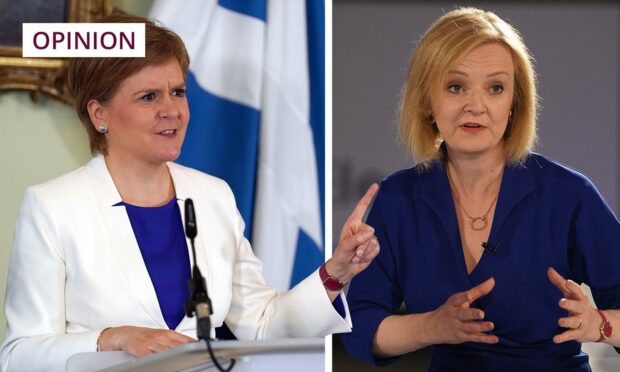
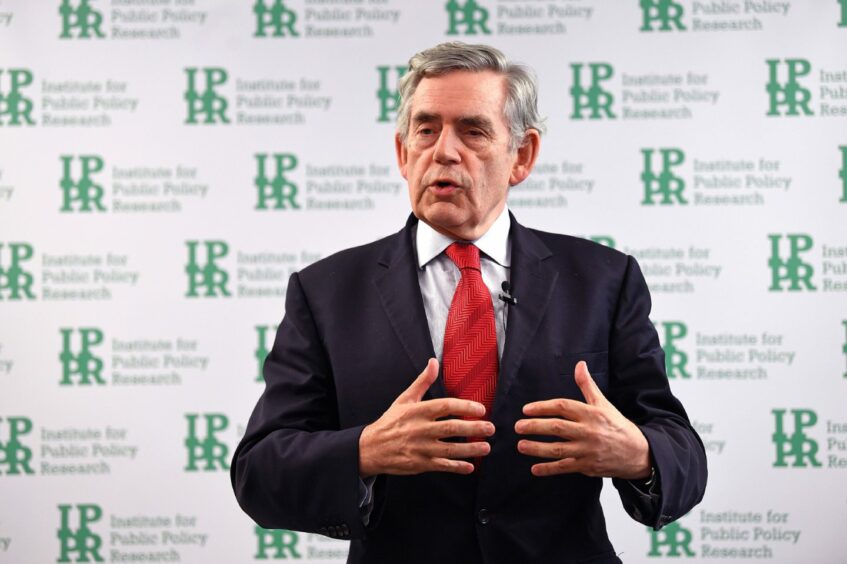
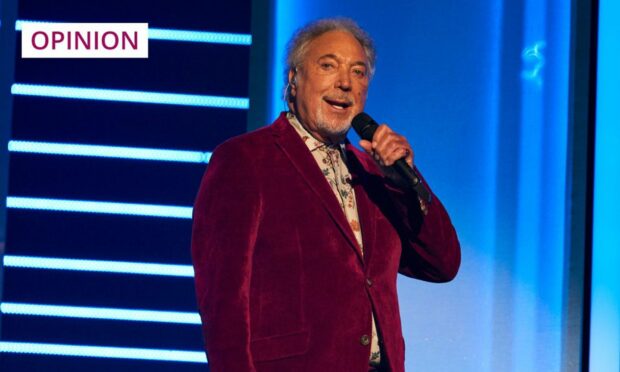
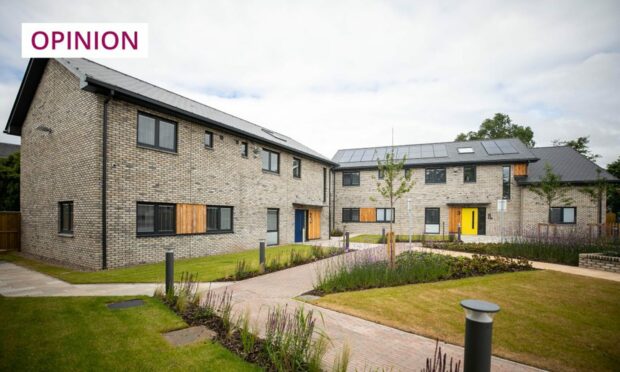
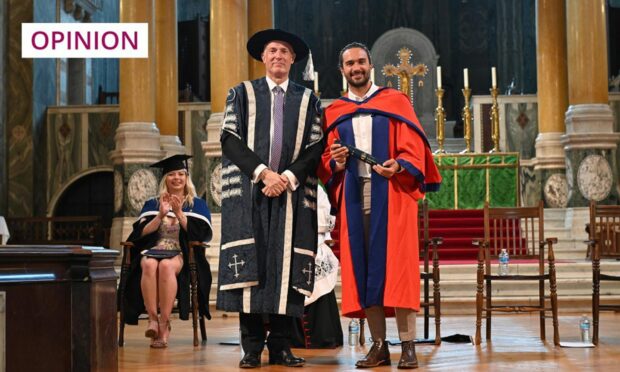
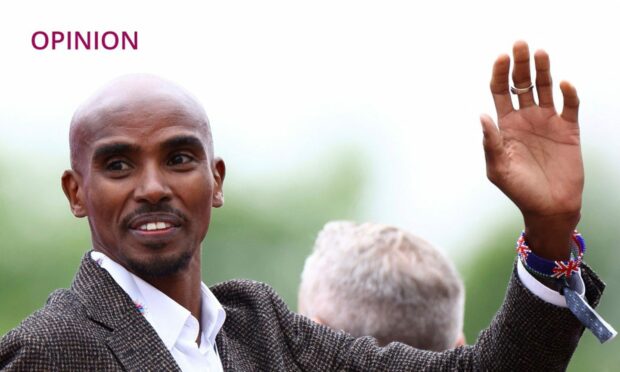
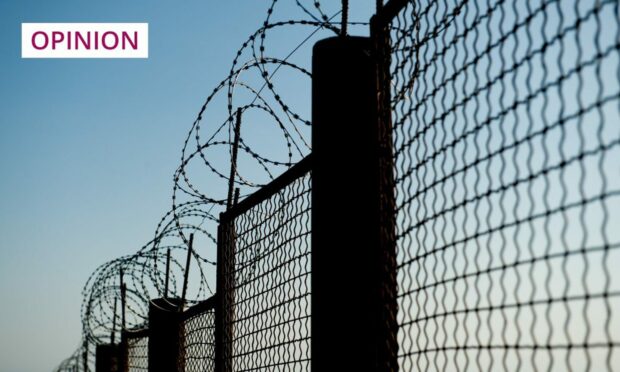
Conversation